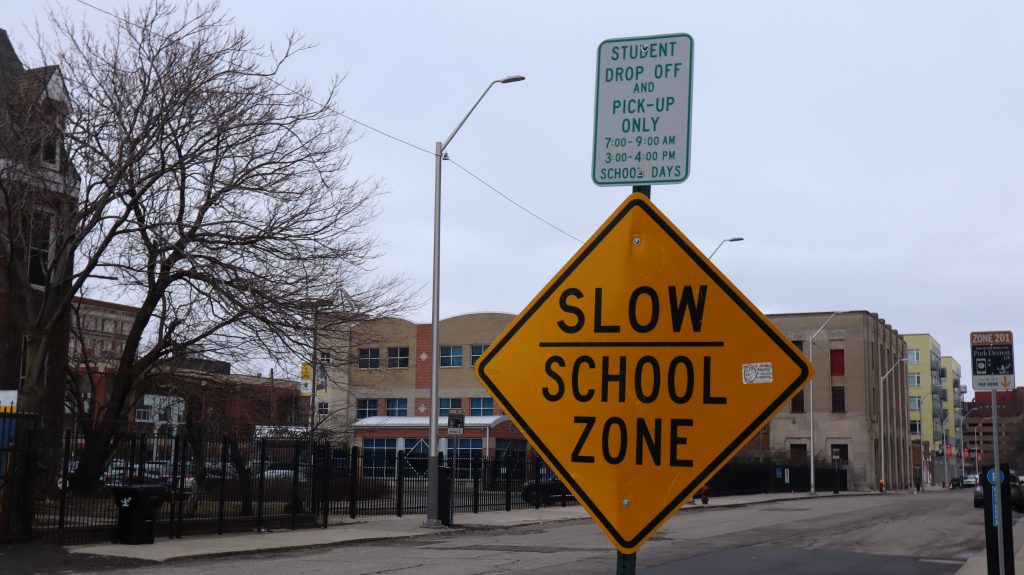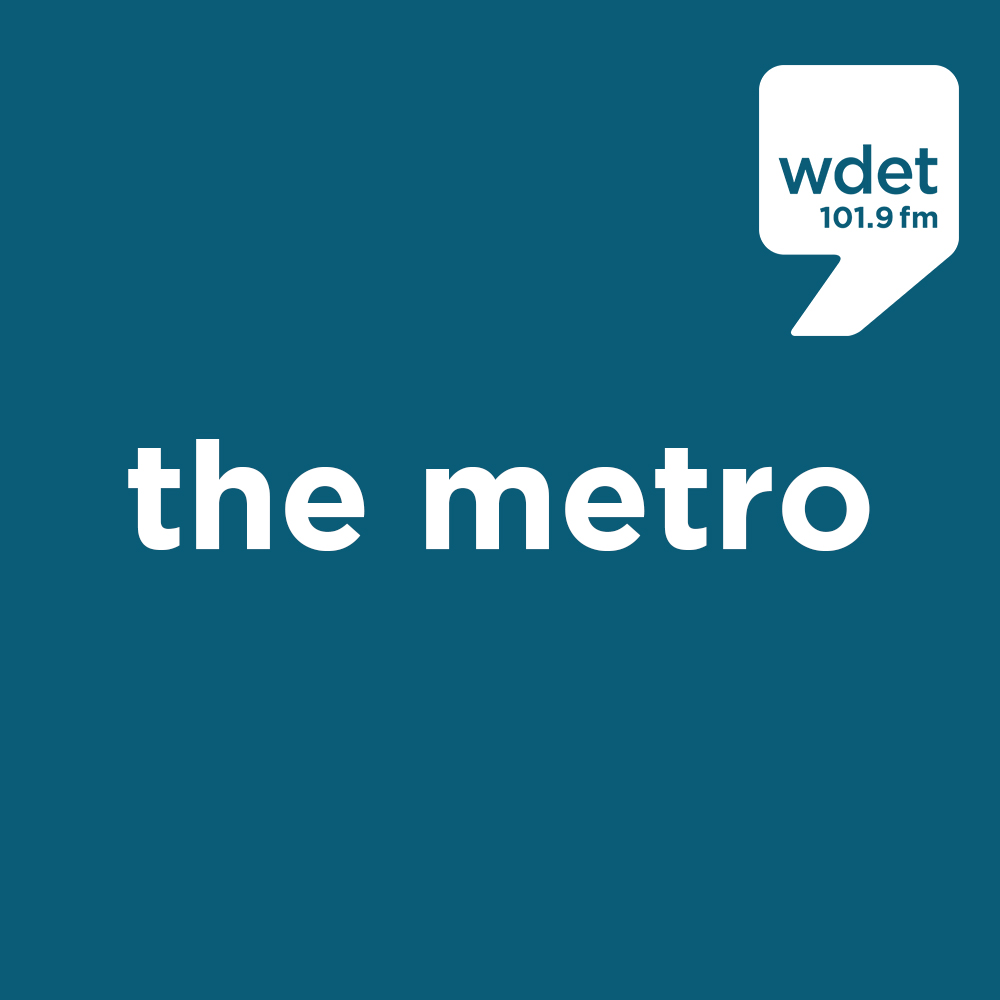The Metro: Public schools are fighting a mental health crisis; funds are running out
The Metro, John Filbrandt April 22, 2024The state of Michigan approved a $240 million program in 2021 to help schools hire 874 mental health workers.

A photo of a school traffic sign.
According to U.S. Surgeon General Vivek Murthy, Americans are battling an epidemic of loneliness and isolation. Teens have been impacted particularly hard, where many say they are isolated and disconnected despite — or possibly because of — the social media platforms they’re using.
Subscribe to The Metro on Apple Podcasts, Spotify, NPR.org or wherever you get your podcasts.
To address the teen mental health crisis, the state of Michigan approved a $240 million program in 2021 to help schools hire 874 mental health workers.
But now that funding is at risk of running out.
L’anse Creuse Schools Superintendent Erik Edoff and Northville Public Schools Superintendent RJ Webber joined The Metro to discuss what the lack of funding would mean for students and how schools are trying to keep the program afloat.
Mental health issues are impacting students in all grades — even children in kindergarten.
“It’s really stretched the barriers to their learning in a K-12 environment to a much broader set of students,” Edoff said. “This really cuts across all socioeconomic lines, all types of backgrounds, and it creates an impact for learning for kids across the entire spectrum now.”
Webber believes public schools can have a direct impact on access to mental healthcare for kids, but they need the resources to do so.
“Our community public schools are centers of community. I don’t care where you are in the state of Michigan,” said Webber. “There’s a community public school system, and who do they serve? They serve the kids. I think the locus of that, we’re in a great spot. But to Eric’s point, the resources for us to be able to do it all. We need them.”
Edoff suggests one way to keep funding for mental health services is using Michigan’s school aid fund for its intended purpose. The fund was established for K-12 schools, but money has been going to universities.
“[S]chools have become more of a community-based wraparound service, as time has gone on,” Edoff explained. “And despite funding challenges and staffing challenges, the demand continues on schools to solve a lot of issues and create solutions outside of our traditional walls.”
More headlines from The Metro on April 22, 2024:
- NFL Hall of Famer Jerome Bettis and president and CEO of the Boys and Girls Clubs of Southeastern Michigan Shawn H. Wilson discussed the Youth Sports Conference they’re hosting during this week’s NFL Draft.
- The LEAD Prep Academy is partnering with Washtenaw Community College to give high school athletes the opportunity to keep competing while earning a degree. This also comes with a state-of-the-art sports complex opening in Brighton. Washtenaw Community College Provost and Chief Operating Officer Linda Blakey and LEAD Prep Academy Athletic Director Eric Figurski joined the show.
- Workers at the Volkswagen plant in Chattanooga, Tenn. recently voted to join the United Auto Workers union. Marick Masters, chair of the Department of Finance at Wayne State University, discussed what this means for workers and the industry.
- Created Equal Host Stephen Henderson spoke with Mid-America Regional Council Research Manager Joshua Akers on the dangers of predatory land contracts and their impact on home ownership in Detroit.
Listen to The Metro weekdays from 11 a.m. to noon ET on 101.9 FM and streaming on-demand
Trusted, accurate, up-to-date.
WDET strives to make our journalism accessible to everyone. As a public media institution, we maintain our journalistic integrity through independent support from readers like you. If you value WDET as your source of news, music and conversation, please make a gift today.
Authors
-

-
Jack Filbrandt is an assistant producer on WDET's daily news, arts and culture program, The Metro. He grew up on Lake Michigan and has called Detroit home for seven years. He's also a Detroit Documenter, covering local government meetings in the city. He previously worked for Wayne State's student newspaper, The South End, and The Battering Ram.
